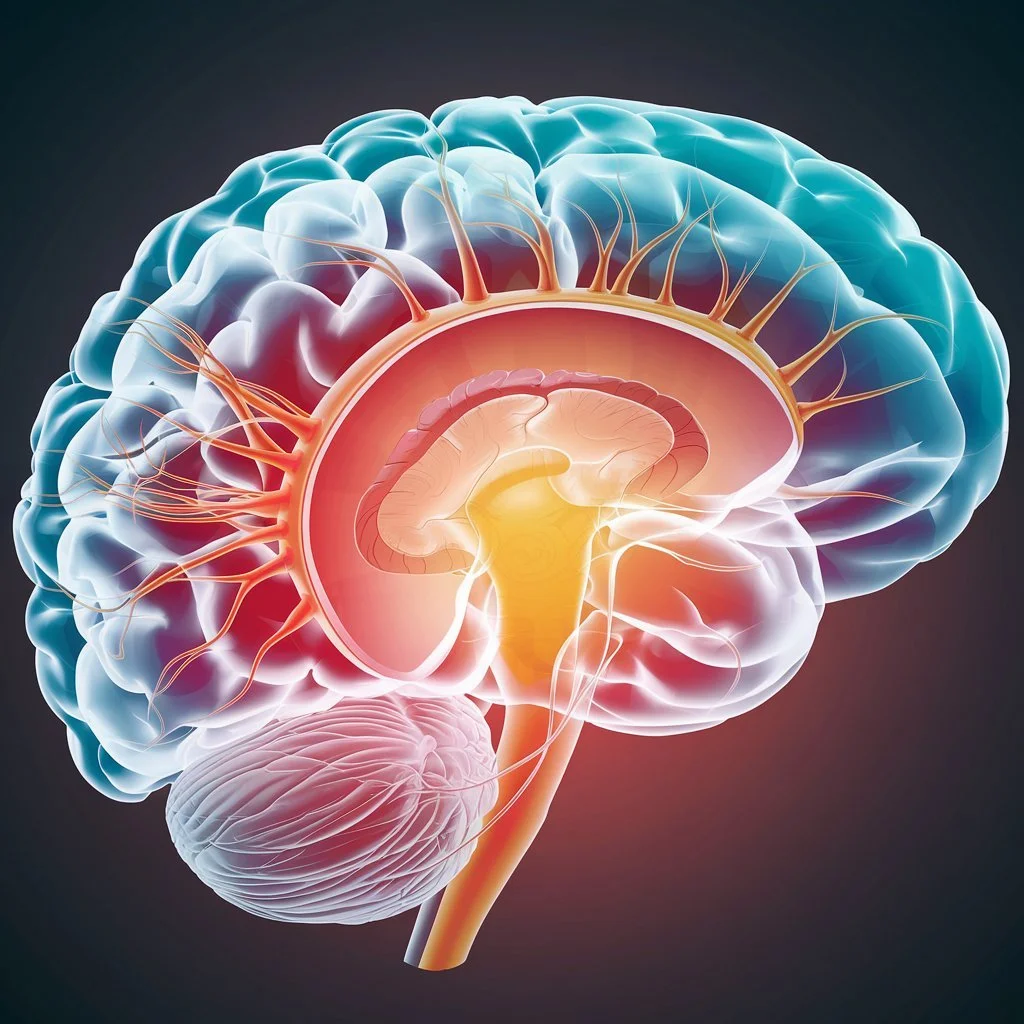Understanding Complex PTSD: Symptoms, Causes, and Healing Paths
While many people are familiar with PTSD, far fewer understand Complex PTSD (C-PTSD) — a condition that often flies under the radar but affects a significant number of trauma survivors. Unlike PTSD, which usually develops after a single traumatic event, C-PTSD stems from prolonged, repeated trauma, often in relational contexts. If you’ve ever felt like you “should be over it by now” but still struggle with chronic emotional pain, you may be dealing with C-PTSD.
What Is Complex PTSD?
Complex PTSD develops from sustained exposure to overwhelming stress or abuse, particularly in situations where escape isn’t possible — such as childhood abuse, domestic violence, captivity, or long-term emotional abuse. Survivors of racial trauma and systemic oppression may also experience symptoms of C-PTSD, especially if that trauma began early in life and persisted across generations.
The condition impacts both the mind and body, leaving survivors with long-term difficulties in regulating emotions, maintaining healthy relationships, and feeling safe in the world.
Common Symptoms of C-PTSD Include:
Chronic shame, self-blame, or a sense of worthlessness
Emotional flashbacks (feeling like a child again during conflict or stress)
Persistent anxiety or hypervigilance
Difficulty trusting others or maintaining close relationships
A fragmented or unclear sense of self
Dissociation, numbness, or feeling emotionally "shut down"
The Role of a Trauma Therapist
Recovery from Complex PTSD requires more than just insight — it requires relational safety, nervous system support, and emotional processing. A qualified trauma therapist understands the nuanced impact of long-term trauma and creates a space where you don’t have to perform, explain, or hide. A space where safety is foundational and non-judgment is pivotal. Therapy for C-PTSD moves slowly and gently, centering your nervous system and honoring your pace. You will never be forced to share your narrative.
Why Culturally Competent Care Matters
For many individuals from marginalized backgrounds, particularly those who identify as BIPOC, trauma is layered. Working with a BIPOC therapist ensures your cultural experiences — including racism, generational trauma, and community dynamics — are acknowledged and respected. C-PTSD healing is most effective when it includes a decolonized, identity-affirming lens.
Healing Modalities That Support C-PTSD Recovery
One of the most effective tools for C-PTSD is EMDR (Eye Movement Desensitization and Reprocessing). This evidence-based method helps reprocess traumatic memories while minimizing emotional overwhelm. Unlike traditional talk therapy, EMDR supports both cognitive and somatic integration — crucial for long-term trauma healing.
Other powerful modalities include:
Somatic therapies that help you reconnect with your body safely
Attachment-based therapy to rebuild trust in relationships
Narrative therapy that reframes the story you've internalized about yourself
Online Therapy and Complex PTSD
Healing doesn’t require an office visit. For many survivors, online therapy provides a sense of comfort and control that enhances the therapeutic process. From the safety of home, clients can engage in deep trauma work, including EMDR and somatic-based interventions, with the guidance of a trusted professional.
Conclusion
Complex PTSD is not a character flaw — it’s a valid response to prolonged suffering. You deserve to heal in an environment that honors your story and supports your growth. Whether you’re working with a BIPOC therapist, exploring EMDR, or seeking the flexibility of online therapy, recovery from C-PTSD is possible — and you don’t have to do it alone.
If you're ready to embark on a journey of healing and personal transformation, I encourage you to reach out. I am passionate about trauma-informed care in all spaces as well as creating safety so you can process your experiences at your own pace. Please contact me to schedule a consultation and learn more about how online trauma therapy can help you achieve your goals.
I am dedicated to helping you create a life filled with greater joy, fulfillment, and resilience. Let's work together to start your healing journey.


